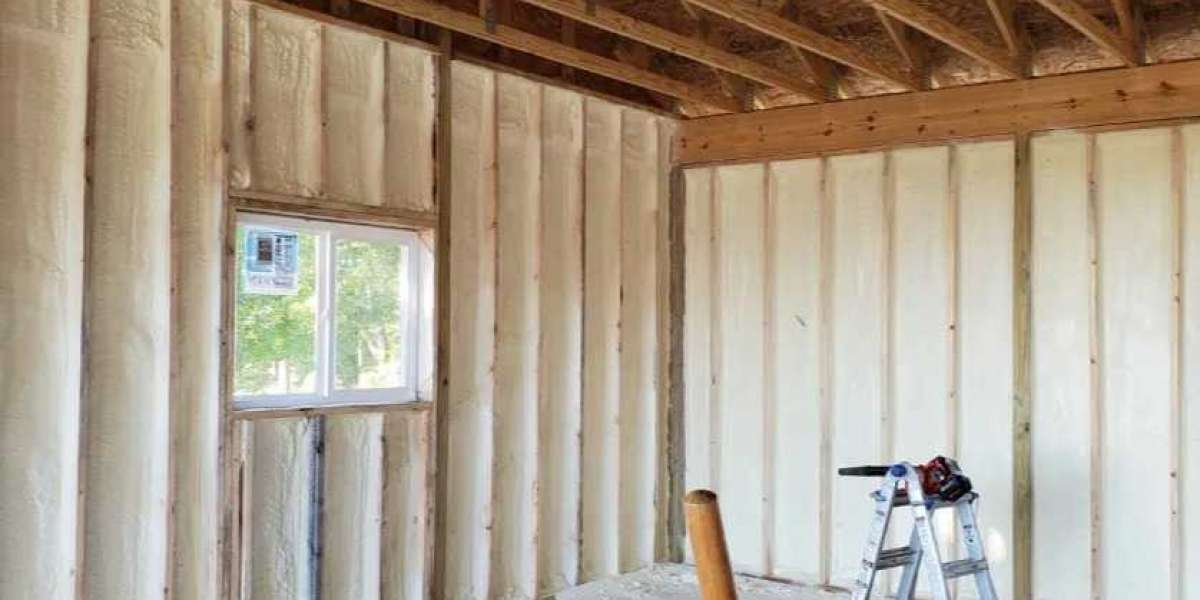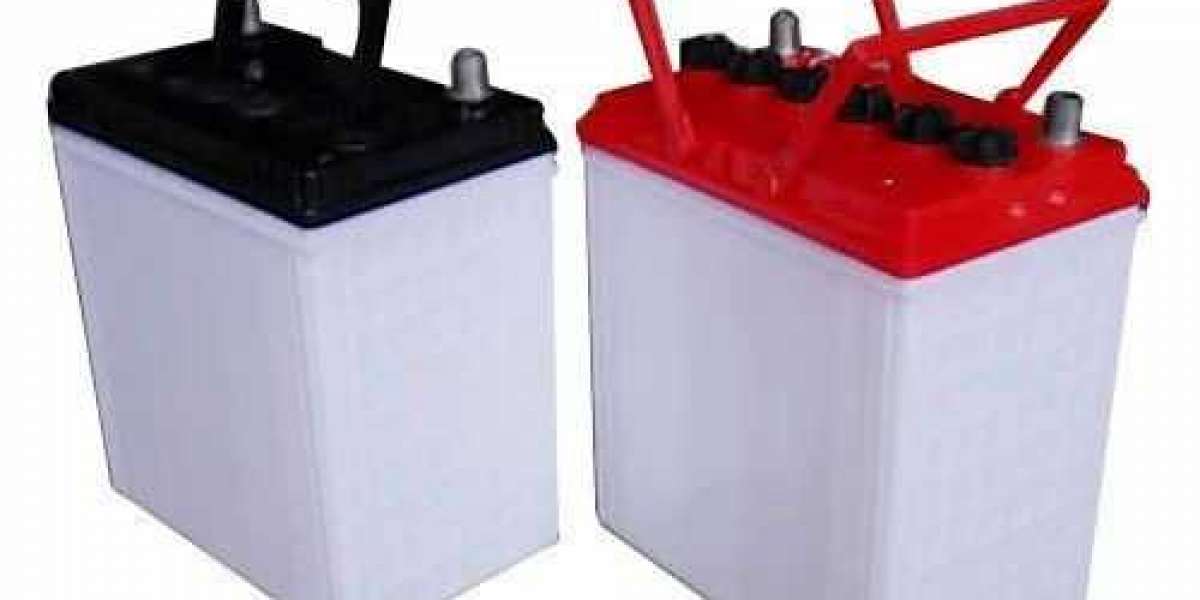Choosing the right spray foam insulation for your home can be a transformative decision. With various options available, it's crucial to understand the differences and benefits to make an informed choice. This guide will walk you through the essential factors to consider when selecting spray foam insulation, helping you make the best decision for your home’s comfort and energy efficiency.
Understanding Spray Foam Insulation
Spray foam insulation is a modern solution designed to enhance energy efficiency and comfort in residential and commercial buildings. Unlike traditional insulation materials, spray foam is applied as a liquid that expands into a foam, filling gaps and creating an airtight seal.
Types of Spray Foam Insulation
There are two primary types of spray foam insulation: open-cell and closed-cell. Each type has its specific applications and benefits.
Open-Cell Foam
Open-cell foam is less dense and has a lower R-value compared to closed-cell foam. It is ideal for interior applications where sound absorption and insulation are needed. The foam's structure allows it to expand and fill spaces, providing good thermal insulation and reducing noise transmission between rooms.
Closed-Cell Foam
Closed-cell foam is denser and offers a higher R-value per inch of thickness. This type of foam is excellent for areas prone to moisture, such as basements and exterior walls. Its resistance to water vapor makes it an effective choice for controlling humidity and preventing mold growth.
Key Factors to Consider
When selecting spray foam insulation, several factors will influence your choice. Here are the most important considerations:
1. R-Value Requirements
The R-value measures the thermal resistance of insulation materials. Higher R-values indicate better insulation performance. Depending on your climate and specific needs, choose a spray foam insulation with an appropriate R-value. Closed-cell foam generally provides a higher R-value than open-cell foam.
2. Moisture Resistance
For areas exposed to high humidity or potential water infiltration, closed-cell foam is recommended due to its superior moisture resistance. This type of foam creates a barrier that prevents water from penetrating the insulation, reducing the risk of mold and mildew.
3. Installation Location
Consider where the spray foam will be installed. Open-cell foam is suitable for interior walls and attics, providing excellent soundproofing and thermal insulation. Closed-cell foam is better for exterior walls, roofs, and basements due to its durability and moisture resistance.
4. Cost Considerations
While spray foam insulation typically has a higher upfront cost compared to other types of insulation, it offers long-term savings through improved energy efficiency. Compare costs and benefits to determine if the investment aligns with your budget and goals.
5. Professional Installation
Proper installation is crucial for achieving optimal performance from spray foam insulation. Hire a professional contractor with experience and certification in spray foam application to ensure the job is done correctly.
Benefits of Spray Foam Insulation
Spray foam insulation offers several advantages that can significantly improve your home’s energy efficiency and comfort.
Energy Efficiency
Spray foam insulation creates a continuous barrier that reduces air leaks and heat transfer. This efficiency can lead to lower heating and cooling costs, as your HVAC system will work less to maintain a consistent indoor temperature.
Moisture Control
Closed-cell spray foam provides a robust defense against moisture infiltration. This characteristic helps protect your home from water damage and mold growth, ensuring a healthier living environment.
Enhanced Structural Integrity
The rigidity of closed-cell foam adds structural strength to walls and roofs. This reinforcement can improve the durability of your home, making it more resilient to external forces such as wind and impacts.
Soundproofing
Both open-cell and closed-cell foam offer effective soundproofing capabilities. Open-cell foam, in particular, is useful for reducing noise transmission between rooms, creating a quieter and more peaceful living space.
How to Select a Contractor
Choosing the right contractor for spray foam insulation is essential for achieving the best results. Consider these tips when selecting a professional:
Experience and Expertise
Look for contractors with extensive experience in spray foam insulation. Their expertise will ensure proper installation and optimal performance of the insulation.
Reputation and Reviews
Check reviews and ask for references from previous clients. A reputable contractor should have a history of satisfied customers and high-quality work.
Certification
Ensure that the contractor is certified by industry organizations. Certification indicates that the contractor adheres to industry standards and best practices.
Cost Estimates
Obtain multiple quotes from different contractors. While cost is important, consider the overall value, including the contractor’s experience and the quality of materials used.
Warranty and Support
Inquire about the warranty offered on both the installation and the spray foam product. A good warranty provides peace of mind and protects your investment.
FAQs About Spray Foam Insulation
Q: How long does spray foam insulation last?
A: Spray foam insulation is designed to last for several decades when installed correctly. Its durability and resistance to moisture contribute to its long lifespan.
Q: Is spray foam insulation safe for my home?
A: Yes, spray foam insulation is safe when applied by a professional. It is important to follow safety guidelines during installation to ensure that no harmful chemicals are released into your home.
Q: Can spray foam insulation be used in existing homes?
A: Absolutely. Spray foam insulation can be retrofitted into existing homes, providing the same benefits as it does in new constructions.
Q: How does spray foam insulation compare to fiberglass insulation?
A: Spray foam insulation generally offers better performance than fiberglass insulation due to its higher R-value, better air sealing, and superior moisture control.
Conclusion
Choosing the right spray foam insulation involves understanding your needs, evaluating different types of foam, and selecting a qualified contractor. By considering factors such as R-value, moisture resistance, and installation location, you can make an informed decision that enhances your home's energy efficiency and comfort.
For those in Spring Creek, NV, exploring spray foam insulation options, Nevada Urethane is a trusted name in the industry. Contact them at (775) 397-2820 to learn more about how spray foam insulation can benefit your home.
Making the right choice for insulation can significantly impact your home's performance. Take the time to research and select the best option for your needs. Reach out today and start improving your home’s efficiency and comfort.









